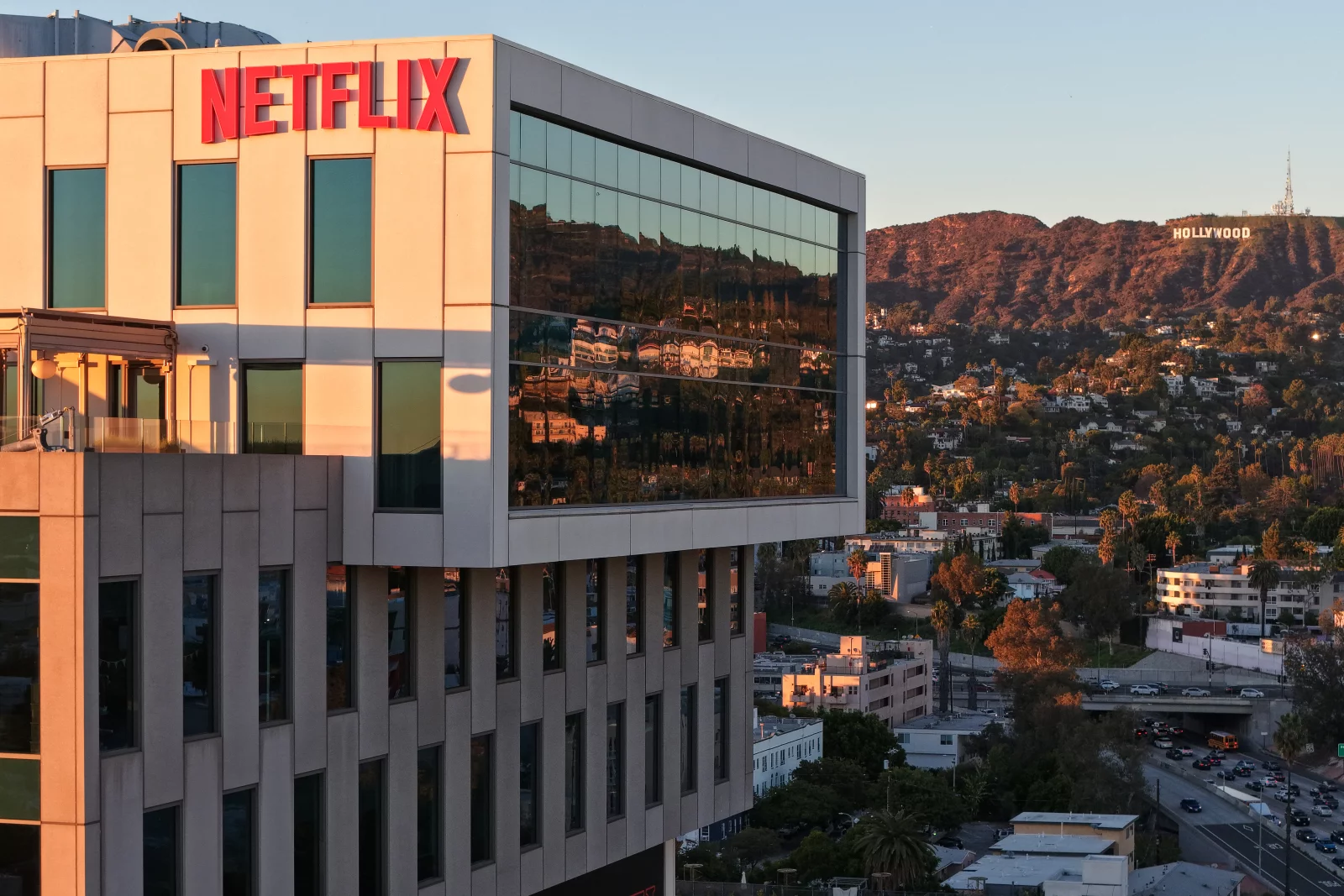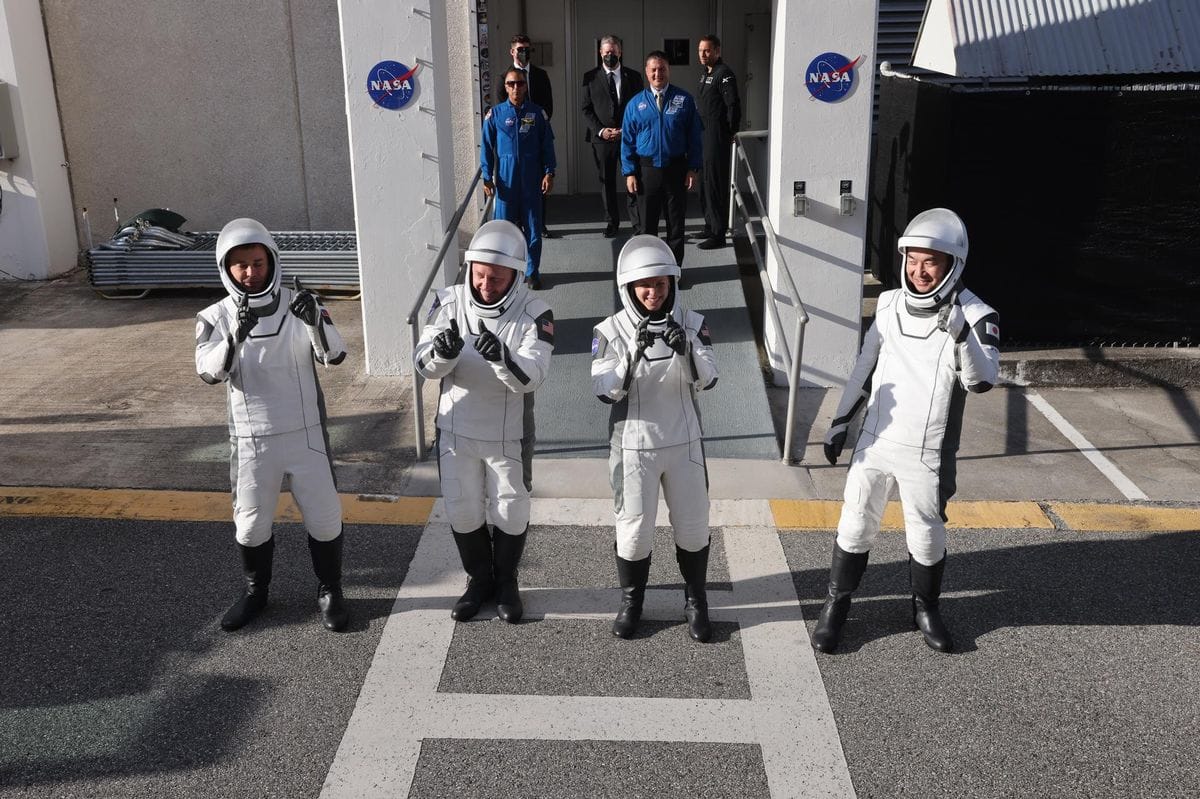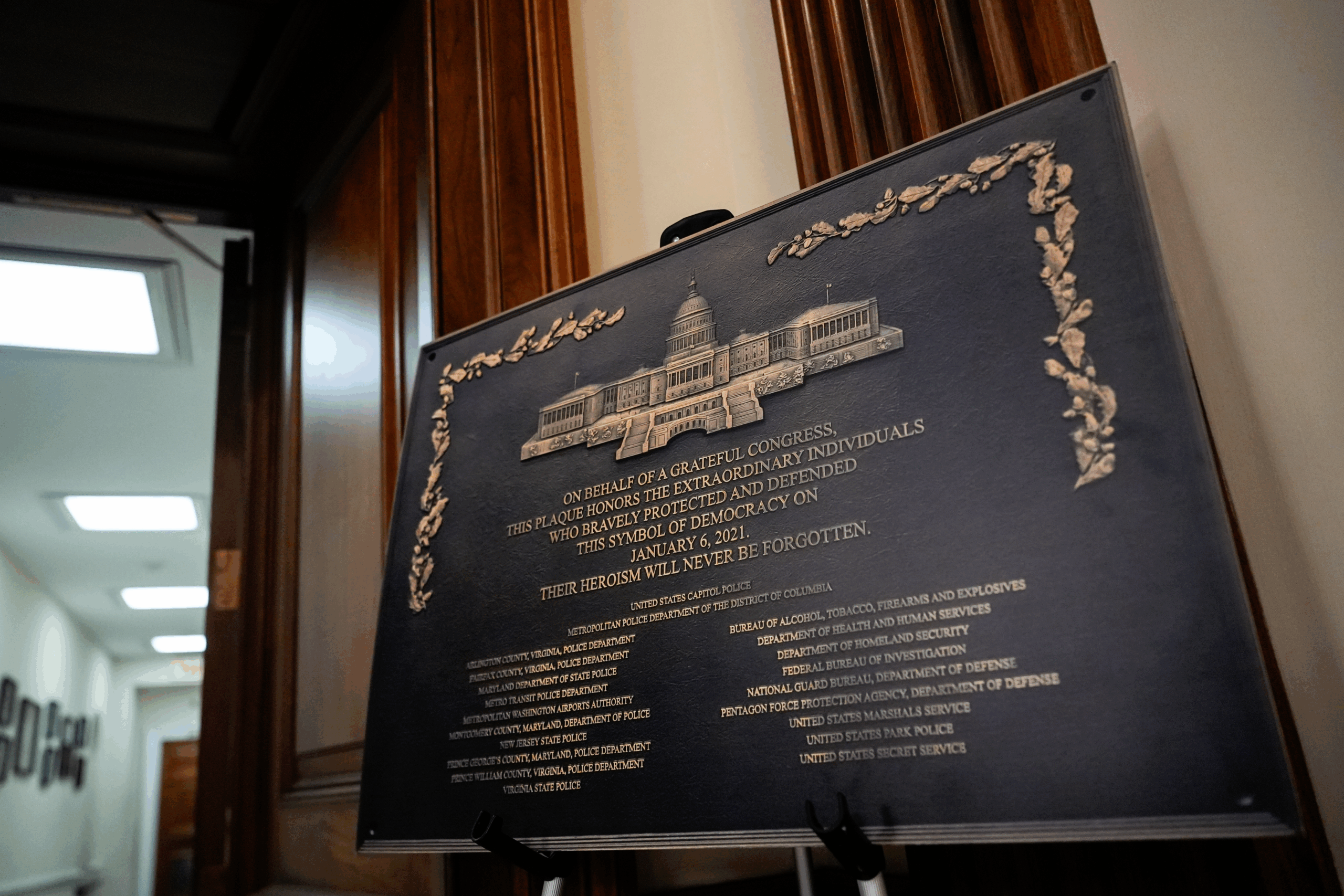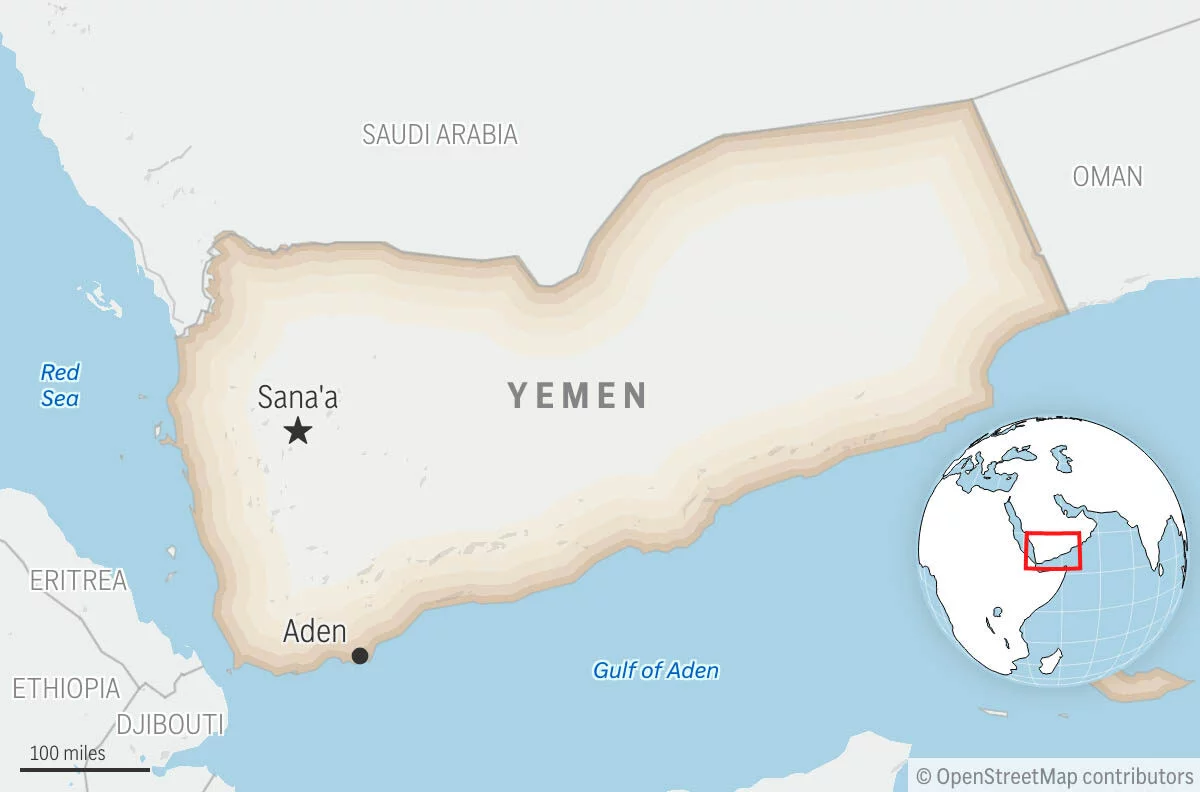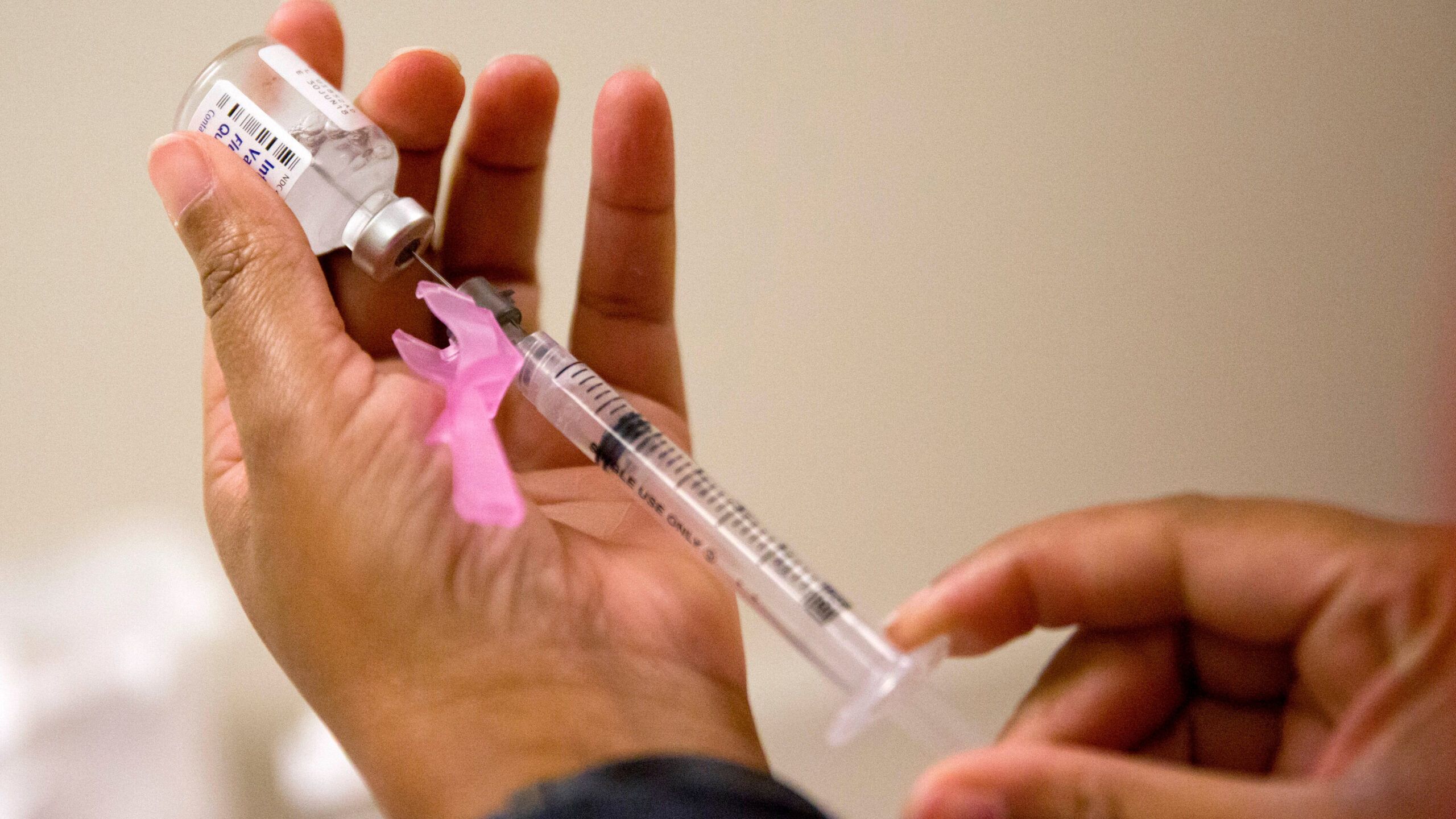COP30 Begins Amid Unmet Goals and Rising Global Temperature Concerns
Climate negotiations have begun in Brazil at the COP30 summit, where world leaders are reviewing progress in reducing emissions that contribute to global warming. A new United Nations report shows that efforts to address climate change have made little progress over the past year. Current projections suggest that the planet could warm by about 5 degrees Fahrenheit by the end of the century compared to pre-industrial levels.
Although this estimate is slightly better than last year’s, the report warns that current measures remain far from sufficient to prevent severe consequences. The 2015 Paris Agreement established the goal of limiting global warming to 1.5 degrees Celsius—a critical threshold beyond which climate impacts become significantly more destructive.
Growing Risks and the Path Ahead
The UN Environment Programme projects that the world is likely to reach 1.5 degrees Celsius of warming within the next decade. To prevent further increases by 2100, emissions would need to fall by 55% by 2035 compared to 2019 levels. However, under existing pledges, emissions are expected to drop by only about 12%.
In the United States, emissions from fossil fuels have declined in recent years due to the retirement of coal-fired power plants and the expansion of solar and wind energy. Nonetheless, recent federal measures have favored fossil fuel development, reducing incentives for renewable energy.
Globally, renewable power continues to expand rapidly, led by China’s production and technology manufacturing. In 2024, more than 90% of newly installed energy projects came from renewable sources. Experts note that while economic trends are driving clean energy growth, stronger government action will be essential to accelerate emissions reductions and achieve global climate goals.


